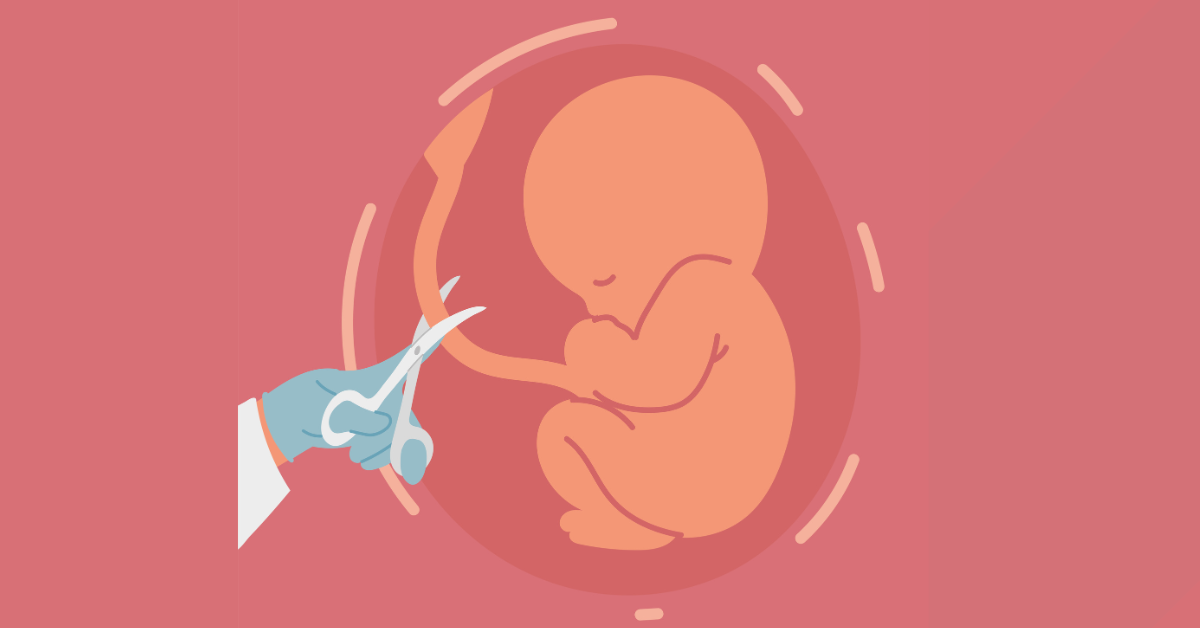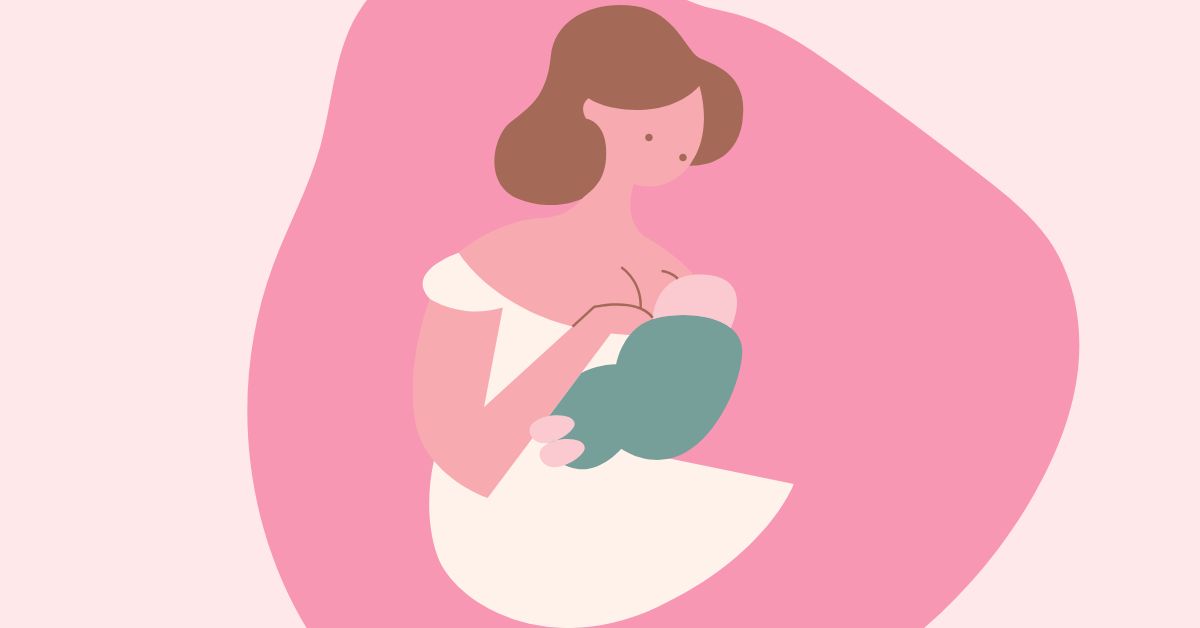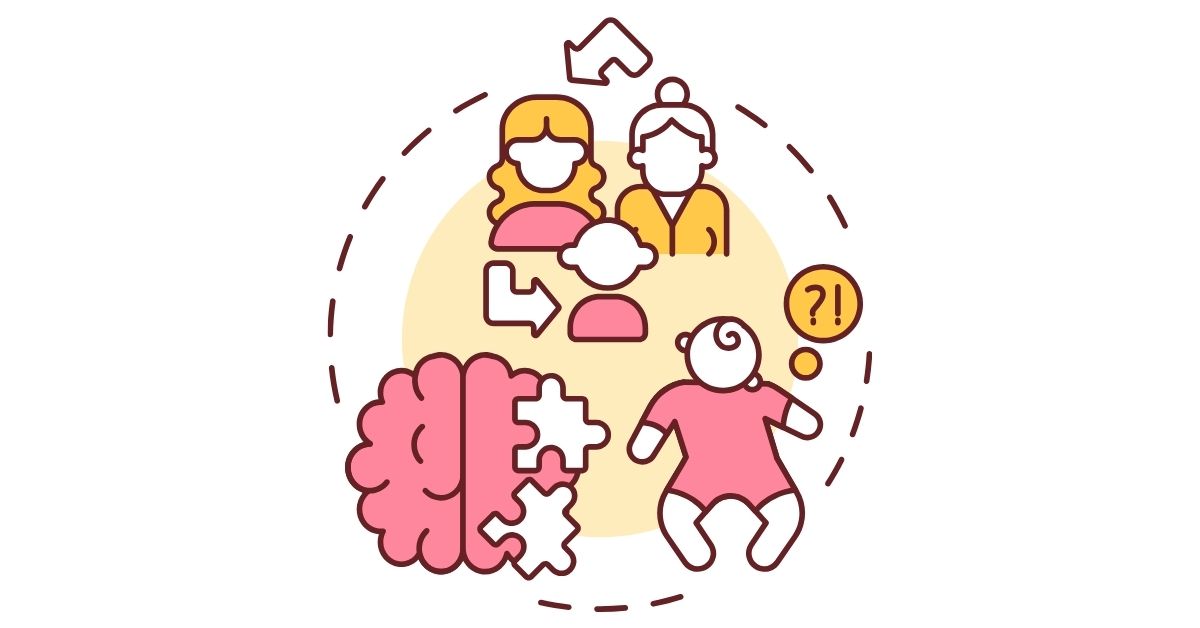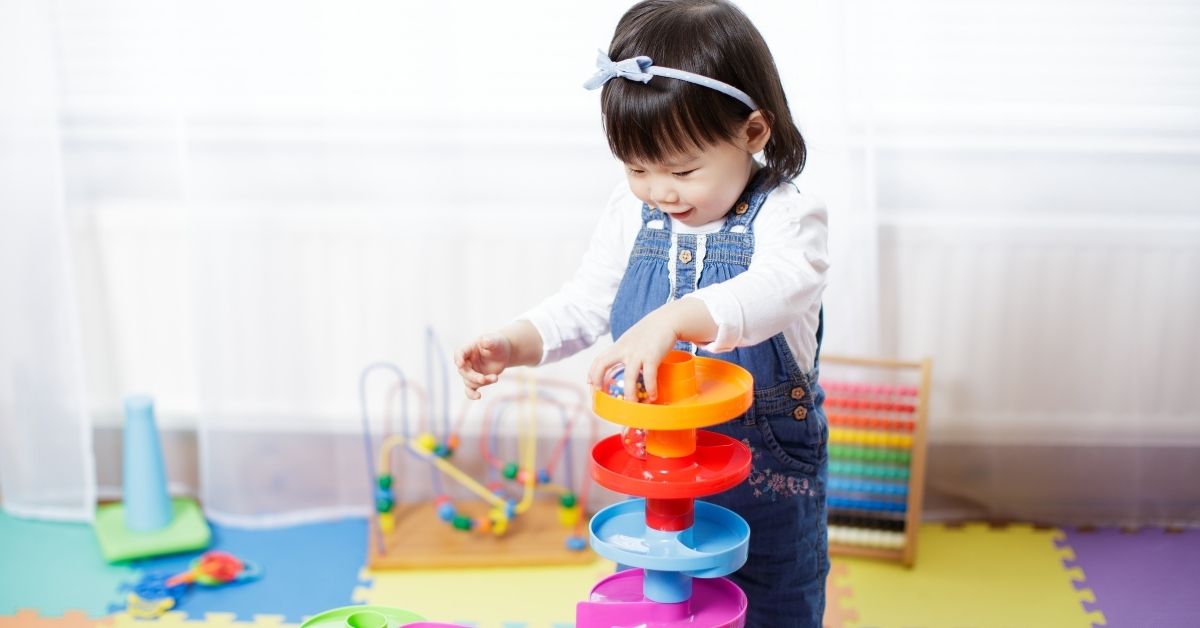A to-be mother swims in a sea of excitement, joy and euphoria but also has to face the rough tides of anxiety and apprehension. What is Depression During Pregnancy and what are its symptoms?
The National Institute of Mental Health and Neurosciences conducted an interesting survey on National Mental Health (2015-2016) that reported 1 in 20 people in India suffer from depression. Statistics that depression rates are much higher for women compared to men is worrisome. Maternal mental health is still not a major realm of concern despite the launch of India’s national mental health programme in 1982.
What is Depression during Pregnancy?
Not many know that women are prone to depression in their child-bearing years. Depression is thought to affect at least one in five women globally in the later stages of pregnancy and shortly after birth. Although pregnancy brings immense happiness to a woman and also the family. There is a lot of physical discomfort, nausea and body aches. Pregnancy also plays havoc on the hormones leading to a string of feelings like anxiety and stress. Depression during pregnancy has a negative effect on the unborn baby as well as it hampers the bonding between mother and child after birth.
Of late there has been a lot of focus on Postpartum Depression (PPD) so we are familiar to the term which usually manifests a few weeks after childbirth. There is a mercurial rise in the figures of expectant mothers suffering from depression. Experts have now coined a collective term called perinatal depression which encompasses the period from conception until the baby is 12 months old. Sadly, maternal mental health services lack in peripheral health-care facilities. These are further devoid of prominent factors like the availability of qualified mental health workers equipped with the right skill sets and required qualifications as well as screening tools.
In our country, expecting mothers and new mothers facing emotional challenges do not really come out to their families for the fear of being ridiculed. Unfortunately, many of them are unaware that they need medical attention as well as professional assistance. A lot of factors augment the already fragile state of the woman. Lack of support from spouses and in-laws who often thrust the belief that child rearing is a woman’s job. Women who were working before going the family way worry about missed opportunities for growth, losing out on promotions and worst, the fear of never being able to go back to work.
Symptoms of Perinatal Depression
Emotional highs and lows are part of pregnancy. For instance, it is completely normal for women to experience extreme mood swings, feeling tired, insomnia and other emotional changes.
To tell depression apart from the normal emotional ups and down that take place during pregnancy, check out the following symptoms.
- increased anxiety
- fatigue or low energy
- frequent crying or weepiness
- loss of enjoyment in once pleasurable activities
- changes in appetite
- Having difficulty to sleep (not due to frequent urination)
- Finding it hard to connect your developing baby (called poor fetal attachment)
What happens is during pregnancy, health care services are focused on ensuring a safe delivery. After the birth of the baby, the spotlight shifts to the child and the mother’s wellbeing apparently takes a back-seat. Depression scales up the risk of behavioural and emotional problems in children and also hampers their sleep patterns.
SLEEP 2018 meeting in Baltimore, collected data from 833 kindergarteners. Mothers’ were rated on their emotional state, including prenatal/postnatal depressive emotion and perceived happiness throughout trimesters. Results demonstrated that emotion during pregnancy affects child behavior. Children of mothers who reported prenatal or postnatal depressive emotion, were more likely to exhibit sleep disturbances.
It’s time we look at Peri-natal depression as sincerely as we look at post-partum depression








